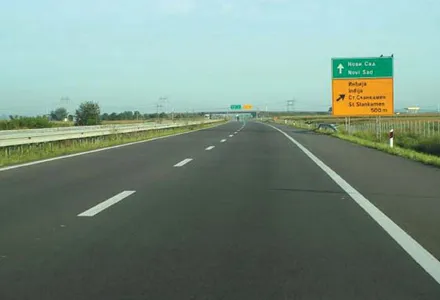Ethiopia is setting a target of 2020 to complete its road expansion programme. The plan has been to double the length of the country’s road network in the period from 2015 to 2020. At present Ethiopia has around 121,200km of roads, compared with around 100,000km of roads in 2015. But by 2020, the Ethiopian Roads Authority (ERA) aims to expand the network to 200,000km.
June 11, 2018
Read time: 2 mins
Ethiopia is setting a target of 2020 to complete its road expansion programme. The plan has been to double the length of the country’s road network in the period from 2015 to 2020. At present Ethiopia has around 121,200km of roads, compared with around 100,000km of roads in 2015. But by 2020, the Ethiopian Roads Authority (ERA) aims to expand the network to 200,000km. This expansion contrasts strongly with the country’s previous road network, with only 19,000km in all in 1990. However this expansion highlights Ethiopia’s economic growth and its focus on road development as a route to developing its trade and industry. And in the last 20 years, Ethiopia’s Ministry of Transport has supervised its ERA subsidiary in spending a budget of some US$11 billion on road building.
Several major road projects are being planned at present, with construction work now commencing by a Chinese contractor for a new highway in the south of the country. The Modjo-Hawassa Expressway will stretch 202km when complete, with two lanes in either direction. The project has been split into sections, with the for the construction of the Meki-Hawassa stretch. These include building the Meki-Ziway section, the stretch linking Ziway with Arsi Negele and the section to connect Arsi Negele with Modjo. The highway will run past the East Langano Nature Reserve as well as the Abidjatta-Shalla National Park, helping develop tourism in the region, as well as trade and transport.






